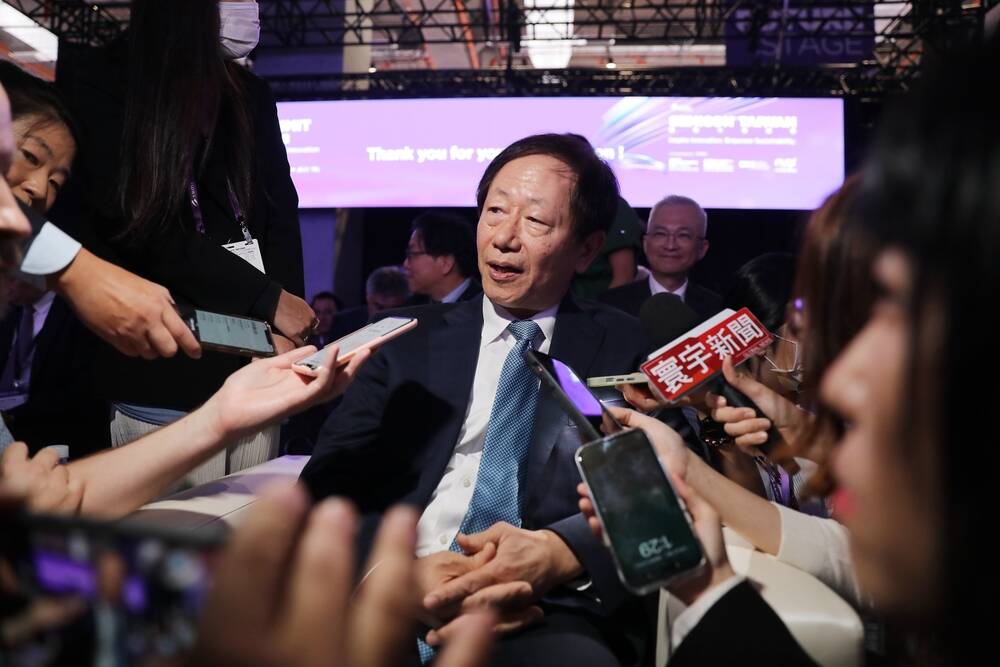TSMC To Build Second Fab In Japan, Backed By Local Investment

TSMC is set to build a second semiconductor manufacturing plant in Japan with investment from Toyota and other local corporations. The move is being portrayed as a success for Japan's efforts to boost chip production in the country.
The Taiwanese chipmaking behemoth said it plans to erect the latest wafer fabrication facility alongside one it is already building in Kumamoto prefecture, with construction scheduled to begin by the end of 2024, and operations expected to start by the end of calendar 2027.
That first fab is scheduled to commence operation in 2024, and once both are up and running, TSMC said it expects the Kumamoto site to offer a total production capacity of more than 100,000 12in (300mm) wafers per month.
The two fabs will be producing wafers manufactured using a range of process nodes technologies, including 6nm and 7nm up to more mature nodes such as 22nm, 28nm and 40nm, in order to make chips suitable for automotive, industrial, consumer, and HPC-related applications.
This expansion is enabled by further investment into Japan Advanced Semiconductor Manufacturing (JASM), a TSMC subsidiary that is partly owned by Japanese outfits Toyota, Sony, and Denso, created to build and operate the fabs.
The total investment in JASM so far exceeds $20 billion with TSMC taking an 86.5 percent stake, Sony Semiconductor Solutions 6 percent, Denso 5.5 percent, and Toyota just 2 percent. TSMC also said the expansion had "strong support from the Japanese government."
Japan this week said it was passing an extra $1 billion to memory chipmakers Kioxia and Western Digital to boost production of flash memory from their fabs near the Japanese cities of Yokkaichi and Kitakami.
The Japanese government is also pumping cash into a newly formed domestic semiconductor outfit called Rapidus that is using technology and assistance from IBM to start producing 2nm chips by 2027. The company started construction of its first fabrication facility in September last year.
Meanwhile, Chinese chip companies are also seeking to up their game, despite the best efforts of the Biden administration to curb their ability to produce advanced chips.
- Japan stumps up more cash for Kioxia and Western Digital to make memory chips
- Japan to set up new semiconductor outfit with IBM's help
- The latest cold war is already being fought in the supply chain trenches
- Asia beat US, EU in chip building because the West didn't invest, Intel CEO claims
According to the Financial Times, chipmaker Semiconductor Manufacturing International Corp (SMIC) is putting together new production lines in Shanghai to manufacture 5nm processor chips that have been designed by technology giant Huawei.
SMIC is said to be aiming to adapt existing chipmaking machinery acquired from US and Dutch companies before the ban of sales of such equipment came into effect, according to anonymous sources. These will be used to make Kirin chips designed by Huawei's HiSilicon to power the company's smartphones.
Huawei caused a stir last year when the processor in its Mate 60 Pro was revealed to be a homegrown 7nm chip. ®
From Chip War To Cloud War: The Next Frontier In Global Tech Competition
The global chip war, characterized by intense competition among nations and corporations for supremacy in semiconductor ... Read more
The High Stakes Of Tech Regulation: Security Risks And Market Dynamics
The influence of tech giants in the global economy continues to grow, raising crucial questions about how to balance sec... Read more
The Tyranny Of Instagram Interiors: Why It's Time To Break Free From Algorithm-Driven Aesthetics
Instagram has become a dominant force in shaping interior design trends, offering a seemingly endless stream of inspirat... Read more
The Data Crunch In AI: Strategies For Sustainability
Exploring solutions to the imminent exhaustion of internet data for AI training.As the artificial intelligence (AI) indu... Read more
Google Abandons Four-Year Effort To Remove Cookies From Chrome Browser
After four years of dedicated effort, Google has decided to abandon its plan to remove third-party cookies from its Chro... Read more
LinkedIn Embraces AI And Gamification To Drive User Engagement And Revenue
In an effort to tackle slowing revenue growth and enhance user engagement, LinkedIn is turning to artificial intelligenc... Read more

